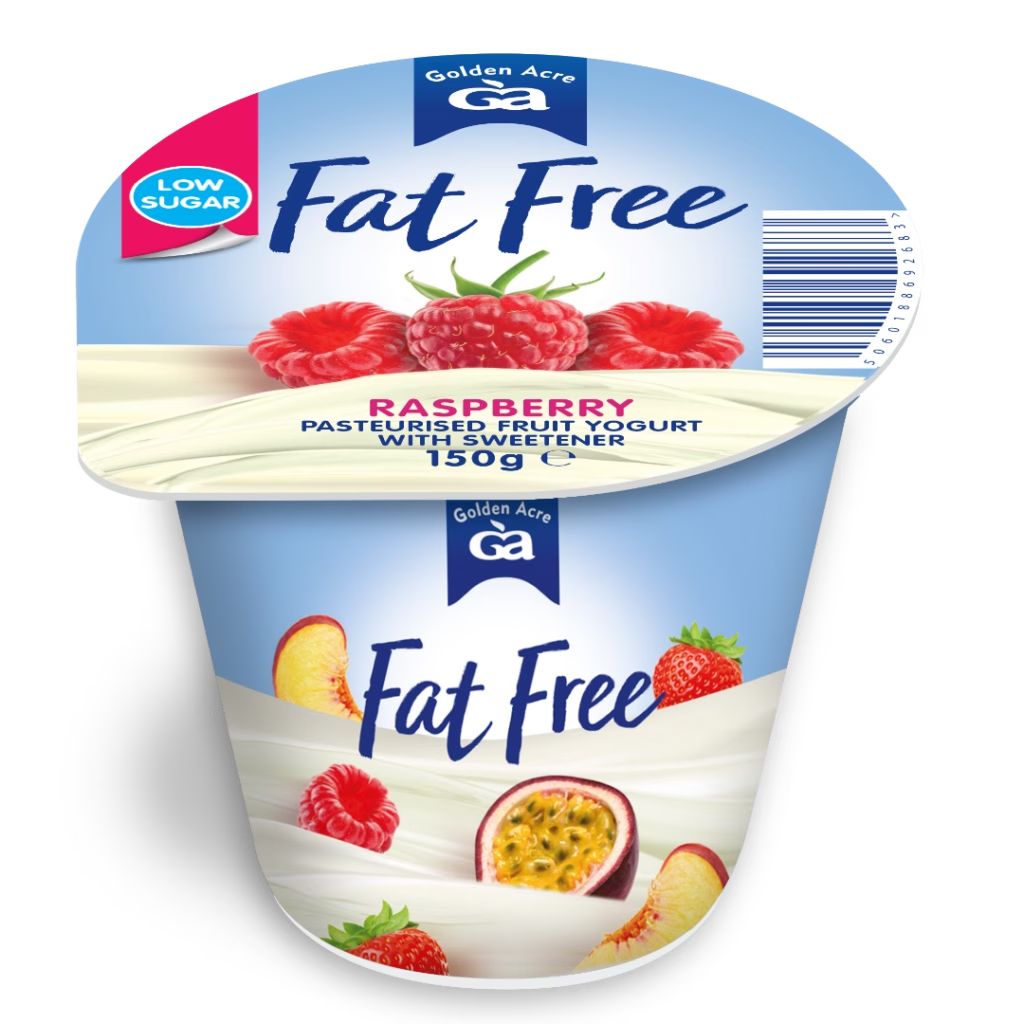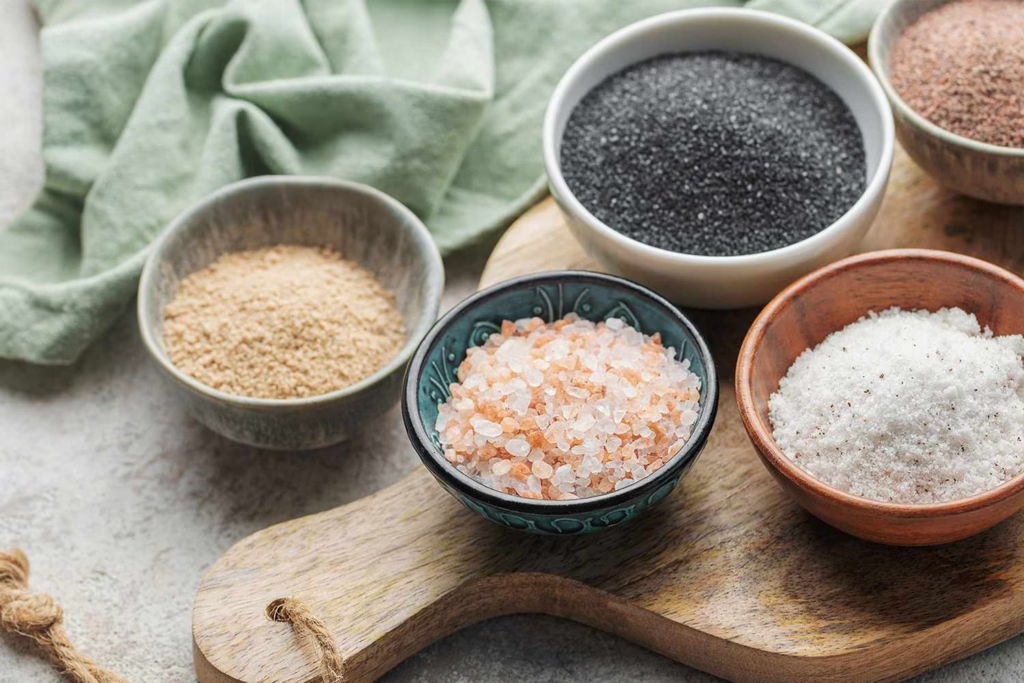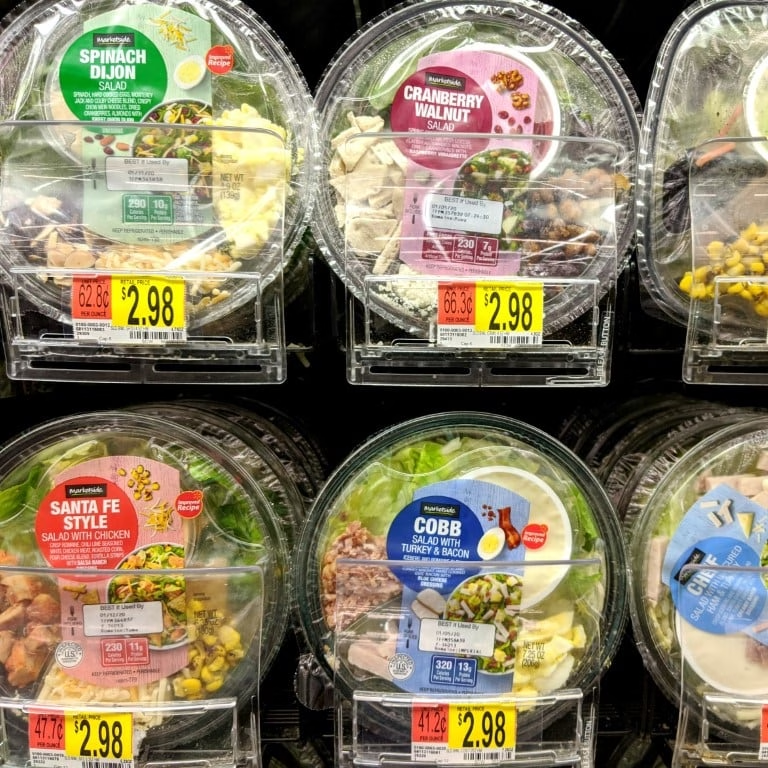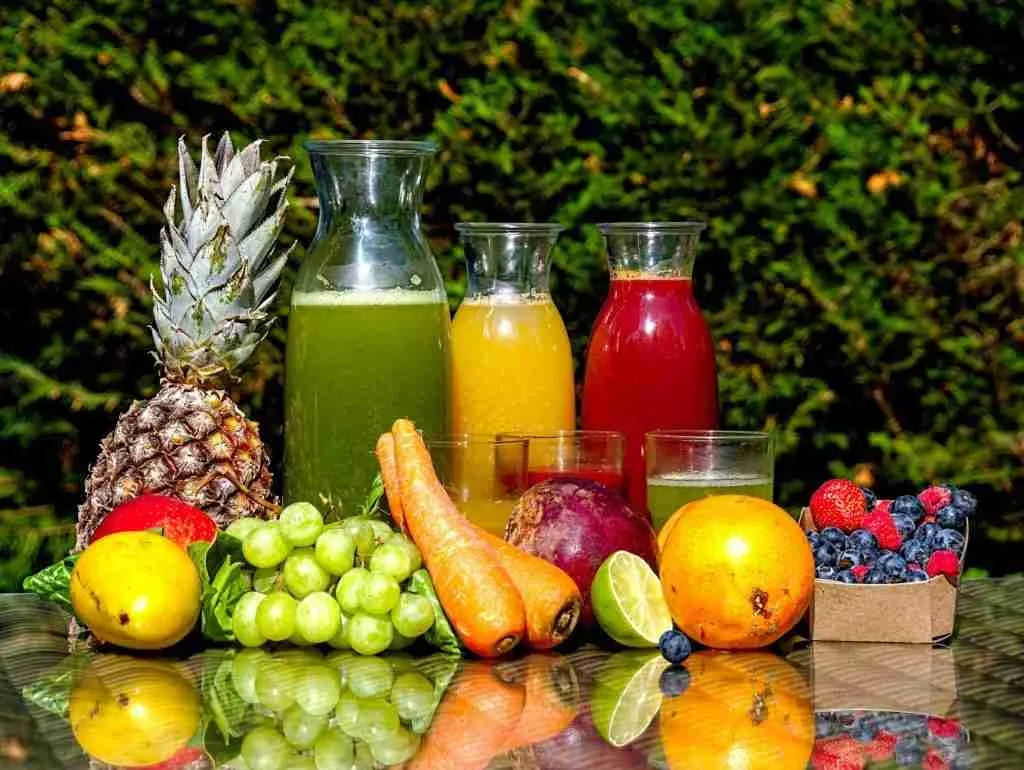Unexpected foods and habits that can hinder weight loss.
As the New Year rolls around, the buzz surrounding weight loss intensifies, with many folks setting ambitious health and fitness resolutions. In fact, a hefty 47 percent of men and 55 percent of women in the United States expressed a desire to shed some pounds in 2025, according to Statista. A 2024 YouGov Global Profiles survey found that 52 percent of people across 43 markets are consistently on the weight loss journey.
It’s no secret that achieving weight loss often hinges on creating a calorie deficit—consuming fewer calories than your body needs—and ramping up exercise to enhance your metabolism. Everyone seems to have their unique strategy for eating healthier and losing weight. However, some of our choices, thinking they’re helping our diets, might be backfiring.
Beware! Certain foods and habits marketed as “diet-friendly” can sneakily undermine your weight loss efforts. Let’s dive into some surprising culprits that could quickly derail your progress!
” Reduced fat” offerings

When indulging in foods marketed as “reduced fat,” it’s essential to scrutinize the labels carefully. Often, food manufacturers will eliminate one or more ingredients to achieve a lower fat content, but this can lead to the introduction of a plethora of less healthy substitutes aimed at mimicking desired texture or flavor. These replacements often include added sugars, increased salt, artificial flavorings, and various preservatives. While you might find that these reduced-fat options allow you to stay within your calorie limits, the trade-off often comes with a plethora of unnecessary and potentially harmful additives. In many cases, opting for a smaller portion of a regular fat choice might actually be the wiser decision for your health and enjoyment.
Salt

The Lamkin Clinic for Optimal Health highlights a concerning trend: the majority of Americans exceed the recommended daily intake of salt, often consuming more than 50 percent above this guideline. This excessive sodium intake can lead to various health issues, including water retention, bloating, elevated blood pressure, and other related conditions. A common misconception exists regarding turkey bacon, which many people perceive as a healthier alternative to traditional pork bacon. However, this type of bacon may not be as beneficial as it seems. According to registered dietitian Karen Ansel, turkey bacon contains approximately 180 milligrams of sodium per slice, significantly negating its “lean” label and raising health concerns about its consumption.
Prepared salad kits

Salads are often promoted as a healthy choice, luring many into devouring vibrant greens in pursuit of a low-calorie meal. Yet, despite their convenience, ready-made salad kits may be sneaking in excess calories that undermine the goal of healthy eating. Many of these kits include rich, full-fat cheeses that add creaminess and depth, as well as crunchy, oil-soaked croutons that offer a satisfying texture but contribute to a higher calorie count. Additionally, some dressings are laden with saturated fats, which can further inflate the caloric value of what is supposed to be a nutritious option. Furthermore, the types of lettuce often found in these kits are sometimes minimal in nutritional content, potentially compromising the very efforts to maintain a wholesome diet.
Smoothies and juices

Juice drinks and smoothies are often celebrated as convenient nutritional options and potential meal replacements to aid with weight loss. However, consumers must exercise caution by carefully checking the portion sizes and the ingredients that go into these beverages, especially when they are pre-packaged. Tammy Lakatos Shames, author of *The Nutrition Twins’ Veggie Cure*, highlights the startling fact that some commercial drinks can pack a hefty caloric punch, ranging from 600 to 1,000 calories. Additionally, it’s important to note that fruit and vegetable juices cannot adequately substitute for fresh produce. Unlike juices, whole fruits and vegetables are typically much lower in calories while offering essential nutrients and dietary fiber, making them a far healthier choice for anyone looking to maintain a balanced diet.
Rushing Through Meals & Distracted Eating

In addition to being mindful of food choices, several lifestyle factors can significantly influence weight-loss efforts. For instance, rushing through meals can lead to overeating, as it often results in consuming food more quickly than the body can register fullness. Similarly, multitasking while eating, such as watching television or working on a computer—can distract from the meal, causing individuals to lose track of how much they’ve consumed and potentially leading to unhealthy snacking or larger portions.
Furthermore, inadequate sleep can also play a crucial role in weight management. Research indicates that insufficient sleep can alter metabolism, increase cravings for high-calorie foods, and decrease the likelihood of making healthy food choices.
Consulting with a weight loss counselor can be invaluable for better understanding how these habits may negatively impact overall health and weight loss goals. A Slim180 Weight Loss counselor can offer personalized strategies, address specific concerns, and help individuals develop a balanced eating approach that considers their unique lifestyles, preferences, and nutritional needs.
Make an appointment for your FREE Consultation today!

